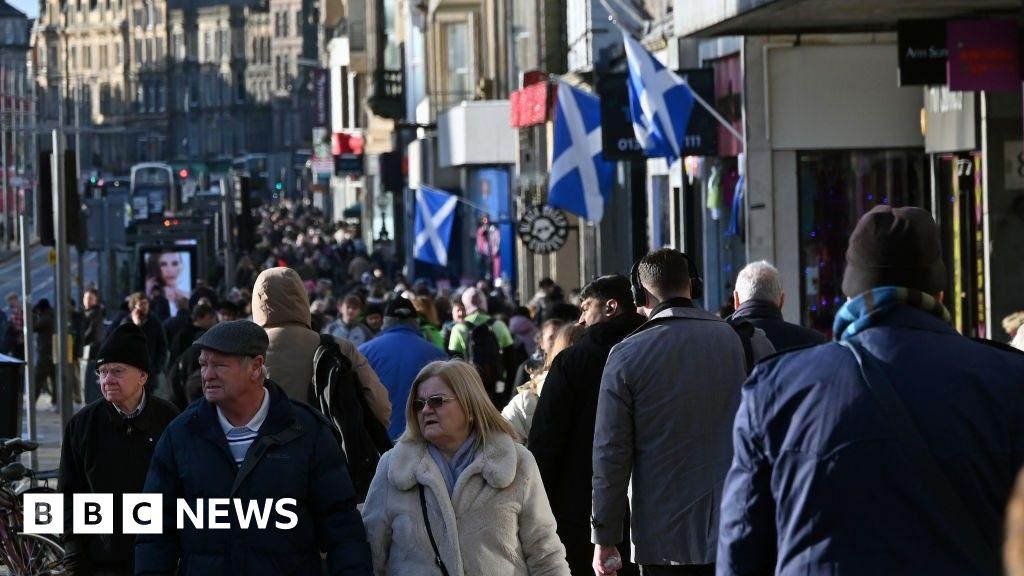Football
Crackdown On Pyrotechnics In Scottish Football Stadiums | Latest Celtic News

Scottish football fans using flares and smoke bombs in stadiums may soon face stringent penalties, including lengthy bans, as part of a new crackdown being considered by the Scottish Government and football authorities.
This measure aims to address the rising incidents involving pyrotechnics at football matches, which have persisted despite existing prohibitions and warnings from clubs and law enforcement.
The Scottish Government, alongside the Scottish Professional Football League, the Scottish Football Association, and Police Scotland, have formed a working group to explore the potential expansion of the current football banning orders (FBOs) scheme.
This initiative follows legislation passed last year that made it illegal to carry fireworks or flares into football matches.
However, the enforcement of this law has proven challenging, and the use of such devices has continued to grow, raising safety concerns and prompting calls for more rigorous actions.
Football Banning Orders, which can currently be issued for up to 10 years for violent offenses at matches, might soon include penalties for fans caught with pyrotechnics. This extension is under consideration as a means to curb the carrying and misuse of these devices, which not only pose a safety risk but also disrupt the enjoyment of games for others.
The working group will review evidence to determine if enhancing the scope of FBOs to include pyrotechnic offenses could serve as an effective deterrent. This review comes in the wake of several incidents where the use of flares and smoke bombs has not only violated stadium regulations but also resulted in direct confrontations with security personnel and law enforcement.
Related










